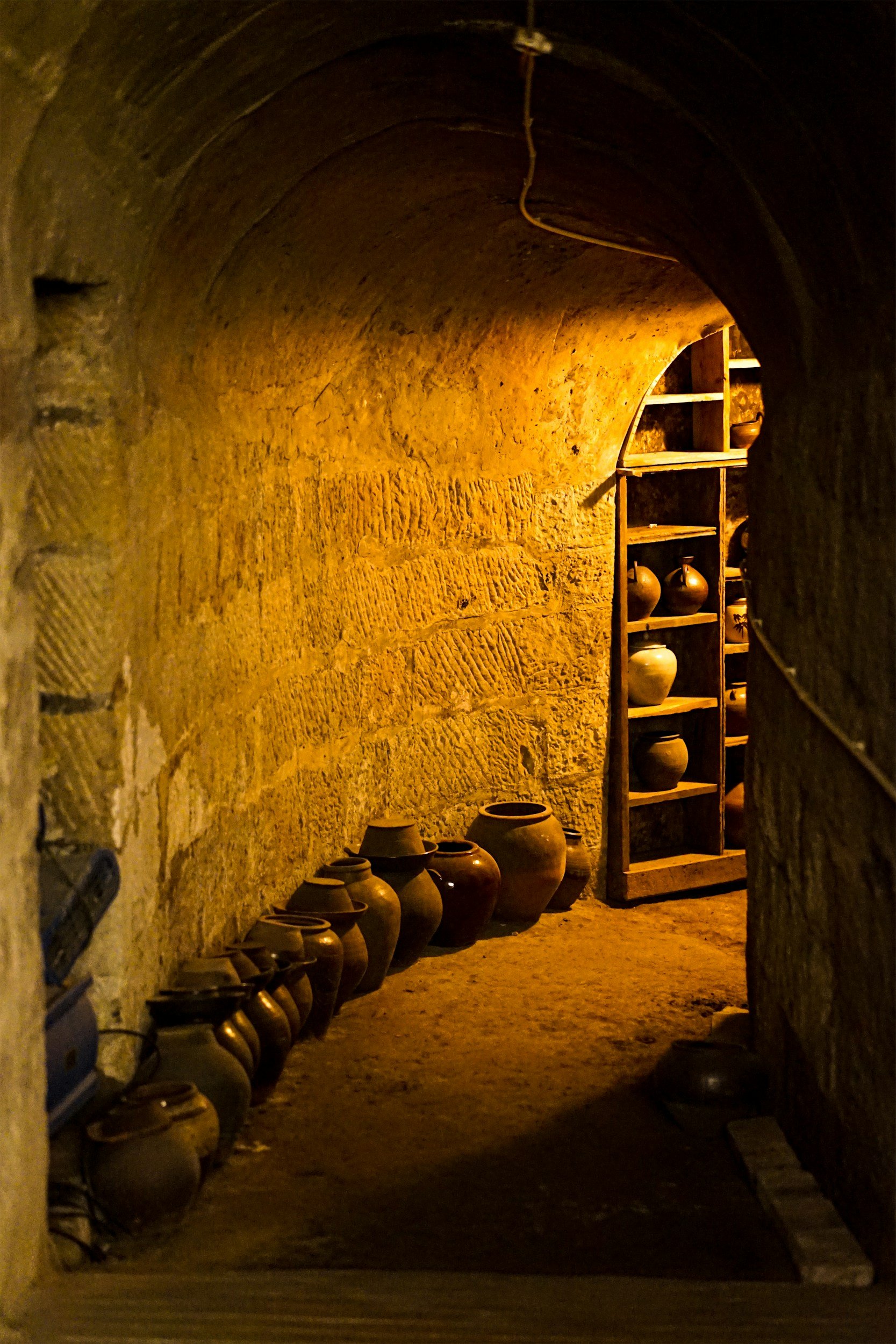8 Teachings of Wealth in Odinani: Nku Di Na Mba Na Eghelu Mba Nni
Omenyi dances.
An older first version of this post which inspired this extension was first published on Igbo Cyber Shrine as Seven Principles of Wealth Creation & Sustenance In Odinani (Igbo Spirituality).
Nku Di Na Mba Na Eghelu Mba Nni: "The firewood in the land is sufficient to feed everyone." This powerful Igbo proverb reminds us that the resources we need to sustain ourselves and solve our problems already exist within our own homes, communities, and even within ourselves. It's a call to look inward, to recognize and use the God-given resources at our disposal. When faced with challenges, instead of seeking solutions externally, this wisdom encourages us to pause, reflect, and creatively use what we have to meet our needs.
This principle is foundational to wealth building in the Igbo worldview. It underscores the importance of self-reliance and resourcefulness, but also highlights the critical role of community. Just as firewood can provide for all in the land, we too are responsible for nourishing and sustaining one another. As poet Gwendolyn Brooks wrote, "We are each other’s harvest: we are each other’s business: we are each other’s magnitude and bond."
In Odinani, wealth isn't just about accumulating money or material possessions; it's about building a legacy that transcends generations. In Igbo culture, wealth encompasses not only material riches but also the health, prosperity, and well-being of a community. Odinani offers timeless principles for wealth creation that can transform lives when diligently applied.
In this post, we highlight the teachings and principles of Odinani that have proven effective in generational wealth creation. These time-honored practices offer valuable insights into building and sustaining wealth within the Igbo cultural framework. Let’s explore some of these principles that, when diligently applied, can transform lives.
8 Teachings of Wealth in Odinani
Muta Aka Olu (Master a Skill): In Igbo way of being, hard work is revered, but it's not about working aimlessly. The principle of Muta Aka Olu emphasizes the importance of mastering a specific skill or trade, in alighnment with ones area of interest. It teaches that true expertise comes from learning under a mentor or committing time to (informal) education in a chosen field. This principle stresses that each person should acquire a skill that not only supports their livelihood but also contributes to the well-being of their family and community. Mastery is achieved through dedication, learning, and consistent practice.
Igba Mbo (The Dance of Diligence): Igba Mbo translates to the dance of diligence and effort. It teaches that success is a result of persistent, energetic effort. This principle encourages each person to leverage their natural talents and acquired skills to achieve their goals. It’s about hustling with purpose, never giving up, and understanding that failure is a step towards success. Through perseverance and hard work, we can achieve the results we desire in life.
Igo Ofo (Uphold Justice and Fairness): Igo Ofo is a principle that underscores the importance of integrity, justice, and spiritual alignment in business and life. The Ofo is a symbolic tool representing authority and justice, it reminds us to conduct our affairs with honesty and fairness. This principle also highlights the significance of seeking blessings and staying in harmony with universal laws and natural forces. In all endeavors, one must be just and ensure that their actions are in line with both physical and spiritual laws.
Nwanne Bu Chi (Brotherhood and Community): Nwanne Bu Chi teaches the importance of community and mutual support. This principle encourages us to prioritize our community members in business and opportunities. When we uplift those within our communities and help them acquire necessary skills, we strengthen our collective wealth and well-being. It’s a reminder that our success is intertwined with the success of those around us.
Isalaka (The Power of Almsgiving): Isalaka is the principle of almsgiving, it teaches the importance of charity and helping those in need without expecting anything in return. This selfless act not only improves the lives of others but also improves the overall welfare of the community. True wealth is reflected in our willingness to uplift those who cannot repay us, creating a ripple effect of prosperity and goodwill.
Ichu Aja (Sacrifices and Offerings): Ichu Aja teaches the value of making sacrifices and offerings in gratitude for the blessings we receive. This principle encourages regular acts of thanksgiving towards the spiritual forces that support our success. When we give back, we maintain balance and ensure the continued flow of blessings and prosperity in our lives.
Supu Asusu (Embrace Your Cultural Heritage): Supu Asusu is about preserving and enriching one’s cultural heritage, particularly through language. It stresses the importance of learning and promoting our mother tongue, as well as understanding our culture through stories, music, and art. When we do so, we maintain the values that strengthen our communities and ensure that traditions evolve in ways that respect and add cultural integrity.
Awele (Spiritual Blessings): Awele represents the principle of blessings, the idea that each person is endowed with natural blessings from the spirit world. When we stay true to our spiritual path and remain aligned with our purpose, we can unlock these blessings and achieve success in our endeavors. This principle encourages us to recognize and tap into the spiritual gifts we possess to create wealth and prosperity.
Final Thoughts
The principles of wealth in Odinani offer a holistic approach to prosperity, one that emphasizes skill, integrity, community, and spiritual alignment. We can create not only material wealth but also a legacy of prosperity that benefits future generations by adopting these principles. These teachings remind us that true wealth is about more than just accumulating riches—it’s about contributing to the greater good, staying true to our values, and cultivating a life of purpose and fulfillment.
If we understand and apply these teachings of wealth, we can transform our lives and the lives of those around us, building a prosperous and thriving community. Let us know what other teaching of wealth in Odinani come to mind in the comment section below. Udo!
















